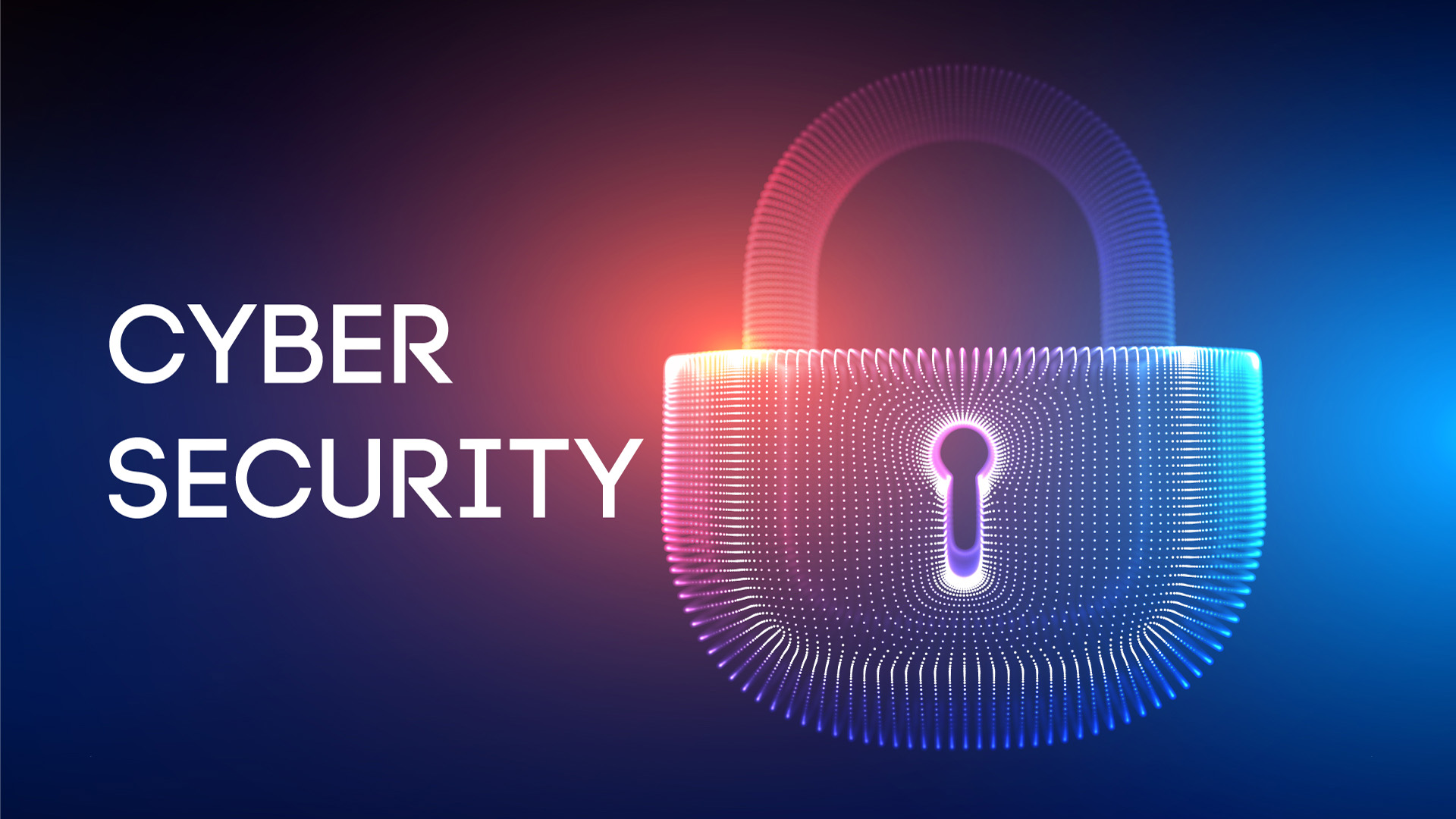The Importance of Cyber Hygiene: Maintaining Your Data Secure
The Importance of Cyber Hygiene: Maintaining Your Data Secure
Blog Article

In today's digital age, where our lives are closely woven into the tapestry of the internet, maintaining strong cybersecurity practices has never been more important. As we share personal information, process financial transactions, and engage on social media sites, the importance of protecting our data from cyber threats cannot be ignored. Cyber hygiene is not just a technological necessity; it is an essential habit that every of us must cultivate to protect our digital lives.
Daily, countless individuals and organizations fall prey to cyberattacks, exposing confidential information and compromising security. To combat these ever-evolving threats, understanding and implementing proper cyber hygiene practices is critical. By incorporating simple yet effective habits, we can shore up our defenses, lower risks, and ultimately protect our data secure in an increasingly connected world. While we explore the principles of cybersecurity, it becomes clear that proactive measures can have a significant difference in defending ourselves against potential vulnerabilities.
Comprehending Cyber Hygiene
Online hygiene refers to the methods and actions individuals and entities take to preserve system health and boost online security. It encompasses a range of actions, from the setup of protection tools to the consistent upkeep of systems and passwords. By grasping cyber hygiene, people can create a robust defense against cyber threats and risks that may jeopardize their sensitive data.
One crucial element of cyber hygiene is the significance of strong, individual passwords. Many individuals tend to recycle passwords across various accounts, which can cause to significant security risks. If one account is compromised, cybercriminals often attempt to access other accounts using the same passwords. Adopting a password manager can help manage complex passwords and encourage people to embrace more secure login practices.
Another vital part of cyber hygiene is consistent software updates. Software developers regularly release updates to address vulnerabilities that could be taken advantage of by attackers. Postponing these updates can make devices exposed to potential security threats. Staying ahead about updates ensures that systems are supplied with the most current protections, providing an crucial layer of security in an dynamic digital landscape.
Best Practices for Data Security
Establishing robust passwords is a critical measure in securing your data. Passwords should be difficult to guess, comprising a blend of alphabets, numbers, and special characters. It is also necessary to alter passcodes on a routine basis and refrain from using the same exact passcode on various profiles. Utilizing a password manager can aid maintain unique passwords for each account and simplify their secure management.
Regularly maintaining software and operating systems is another critical approach in protecting data security. Developers provide patches to address vulnerabilities and enhance performance. Failing to maintain systems up to date can result in you vulnerable to cyber threats. Enable automatic updates when possible, and dedicate time to review for patches by hand if necessary.
Cybersecurity Classes
In conclusion, being alert with email and online communications can protect your information from fraud and malicious software. Always confirm the originator's credentials before accessing files or interacting with links, especially if they seem suspicious. Informing yourself and your team about usual strategies used by hackers can improve your overall security posture and reduce the chance of being affected to these threats.
The Role of Knowledge and Education
Awareness and education are essential components of effective cybersecurity practices. People and companies must acknowledge the risks associated with digital threats to promote a climate of vigilance. Teaching staff about the various types of cyberattacks, such as phishing scams and malware, enables them to detect and prevent potential threats. By developing customized training programs that focus on particular vulnerabilities within the company, businesses can greatly reduce the chances of being targeted by cyber incidents.
Moreover, consistent training sessions help that skills remains fresh and applicable. As cyber threats continue to change, the methods used by hackers become more advanced. It is important for employees to stay updated on the most recent security practices and technologies. Including real-life scenarios and mock situations into training allows participants to practice their responses in a controlled environment, helping to build self-assurance and swift decision-making skills in the face of an actual cyber event.
Finally, promoting an honest dialogue about cybersecurity can enhance an organization’s overall security posture. Motivating employees to share their experiences and perspectives can lead to higher collective awareness. As workers feel more responsible for their responsibility in cybersecurity, they are more likely to engage in safe online practices, thereby creating a more secure environment for all. In this way, knowledge and education are not just one-time efforts but an ongoing commitment to protecting against cyber threats.
Report this page